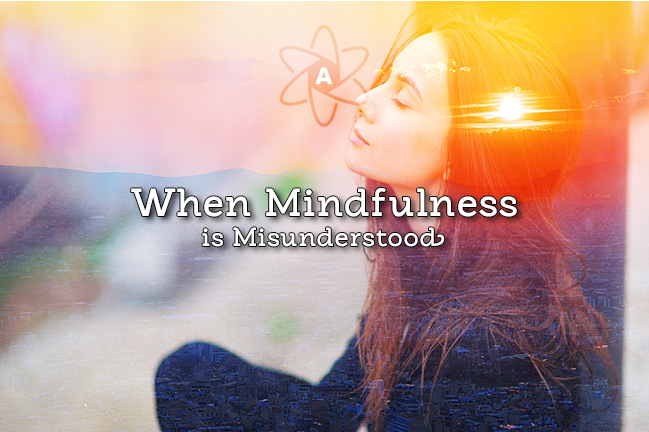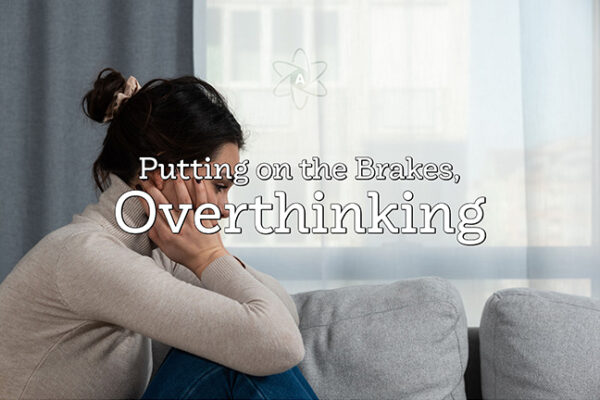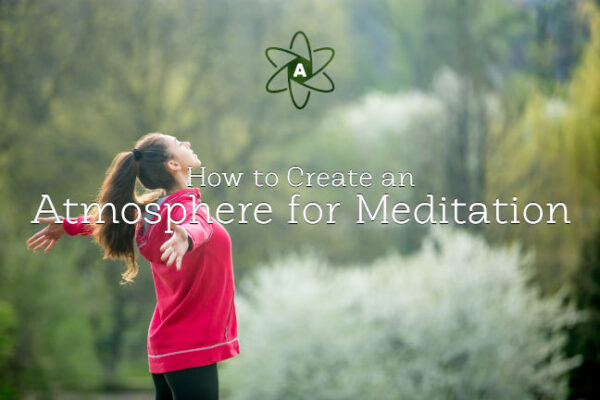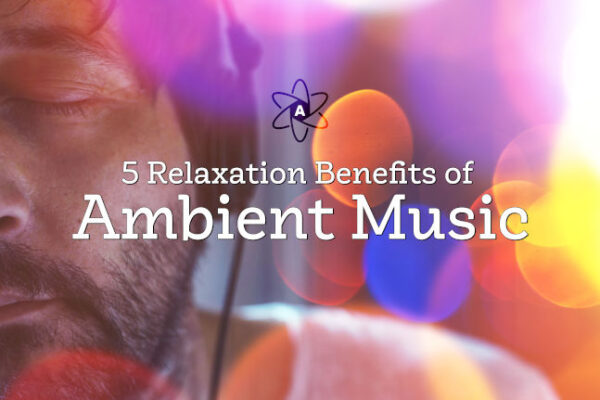Subscribe to our YouTube channel
The topic of mindfulness is becoming increasingly popular in our culture as more and more people try their hands at achieving this state of being. Have you ever tried to become mindful? If so, how did it work for you? Were you successful or disappointed? If your experience of trying to be mindful has left you with unsatisfactory results, do not blame yourself. Most people share your experience of attempting to become mindful. This is because we learned to pursue mindfulness as if it were a task to be accomplished. Anytime we attempt to “achieve” or “do” something, we go in the opposite direction of becoming mindful.
I can say with certainty that I know of every experience you have ever had. You may ask yourself, “How can you make such an outrageous statement!” I can make such a statement because we all share the same experiences at the most basic level. We all experience thoughts, perceptions, and sensations. We share the experience of thoughts and the perception of images, sounds, smells, and tastes. Not only that, but we also experience the sensations of the body and the world around us.
Because of how our minds work and because of our socialization, we have also learned to personalize our experiences. In other words, we tell ourselves things like:
- “I am having thoughts.”
- “I see it.”
- “I hear it.”
- “I feel it.”
- “I smell it.”
Now let’s take this investigation one step further. How do we know we have thoughts, perceptions, or sensations? Is it not that we know of these things because we are aware of them? There can be no experiences without the awareness of them, which brings us back to the topic of mindfulness.
If your experience in achieving mindfulness has been disappointing, it is because you treated it as a task rather than approaching it for what it is. Being mindful is being aware of yourself and the world around you. However, it is also about not personalizing what you are aware of. You can be aware of your thoughts, perceptions, and sensations without personalizing them.
You can diminish the personalizing of your experiences by focusing on them without referring to your mind. Think about it as visiting a country you know nothing about. The only thing you can go by is your direct experience of it. Mindfulness occurs when we give up on trying and instead settle into our experiences. The following are examples of mindfulness that you may have experienced:
- You find yourself enthralled by the beauty of nature, as with a magnificent sunset.
- You are involved in an athletic endeavor where you do not have time to think. Not only that, but you just make the right moves.
- You are deeply relaxed, and your mind is calm.
The common theme in these examples is that you are experiencing the present moment without referring to your mind. Stated simply, mindfulness is not about doing. It is about being.





